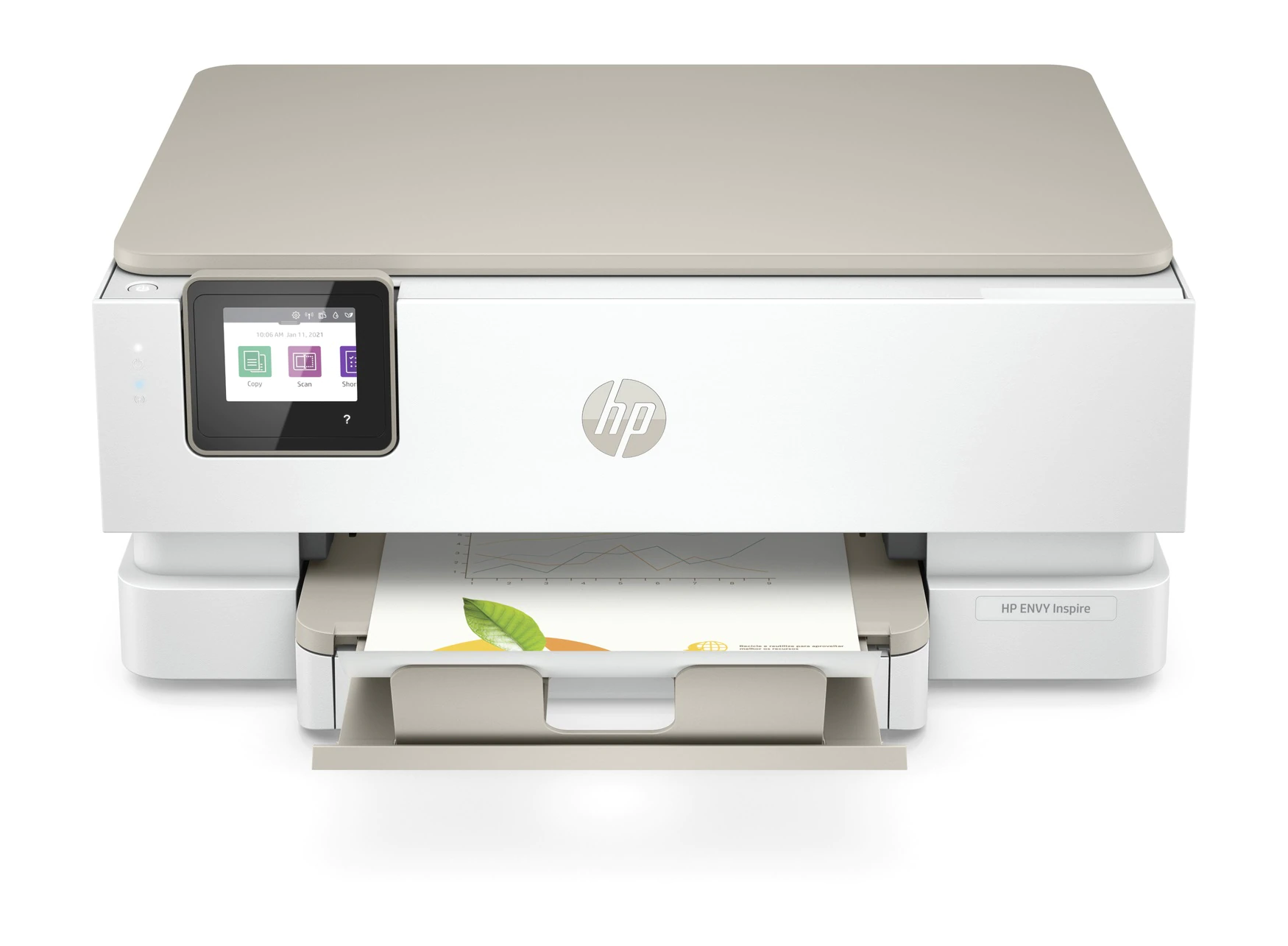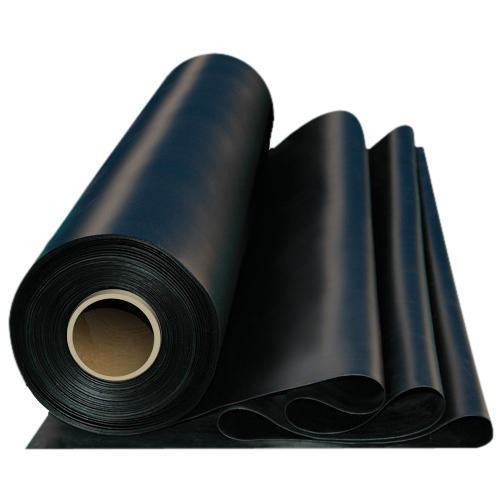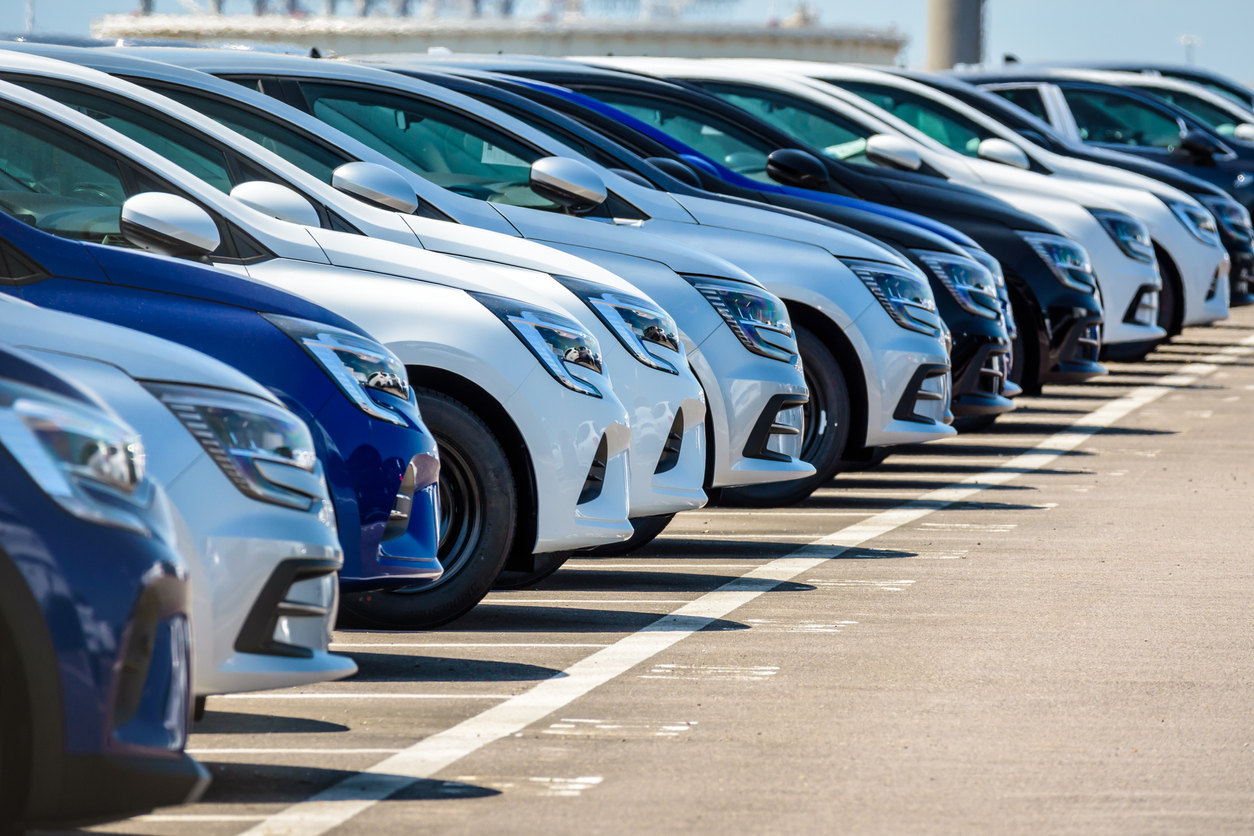How to Export Combustion Engines from South Africa: A Comprehensive Guide
How to Export Combustion Engines from South Africa: A Comprehensive Guide
South Africa’s growing market for combustion engines is increasingly becoming fragmented, with a trade surplus for local manufacturers and a growing number of foreign companies selling their products in the country. Many of these foreign competitors have been investing in South Africa over the past few years as the country continues to provide favorable tax incentives and high demand from local industries. If you’re looking to export combustion engines from South Africa, there are many factors to take into account before launching on this venture. This guide details everything you need to know about exporting engines from South Africa, including costs, regulations, potential partners and more. Keep reading to learn everything you need to know about exporting combustion engines from South Africa.
What You Should Know About Exporting Engines from South Africa
As a general rule, any product you are exporting from South Africa will have to meet the standards set by the destination country’s regulatory authority. This is true for engines as well, which means you will need to ensure they are built to meet the standards of your target market. While these standards may not be as stringent as some other countries, they still need to be met to ensure your product can be sold in the country without running into problems. Engines are generally classified as either auto or non-auto parts, with auto parts falling under the jurisdiction of the Department of Trade and Industry (DTI). Auto parts are subject to a ten percent import duty as well as a three percent value added tax (VAT). You may be able to reduce these taxes if you apply for an auto parts manufacturing license from the DTI. This is the best way to ensure your engines are classified as auto parts and are not subject to the higher import duty and VAT.
Why Export Combustion Engines From South Africa?
South Africa has become a major center for the production of auto parts as well as combustion engines. With a competitive cost of labor, favorable tax incentives and high demand, local manufacturers have made significant investments in the country. As such, they are looking to expand their export operations to other countries in order to meet this demand. Engines are used in a wide range of industries, such as the construction, mining, agricultural and aviation sectors. They are also used in stationary power plants that produce electricity for the national grid. As such, the demand for engines in South Africa is high and there are many opportunities to export engines from South Africa. If you are looking to export engines from South Africa, you can expect to find a wide variety of engine types and manufacturers, as well as a growing number of local and international distributors. The best way to select the right manufacturer is to find out which engine types are in high demand in your target market.
Which Documents Are Required to Export Engines from SA?
There are several different documents required to export engines from South Africa, depending on whether they are classified as auto parts or not. For engines that are not auto parts, you will need a valid export license. For auto parts, you need an auto parts manufacturing license. The manufacturer will advise you which license to apply for and assist you with completing the necessary paperwork. If the engines are imported for repair, repair and reconditioning (R&R) documentation is required. This includes a report from the manufacturer that the engine is unserviceable, a declaration of unserviceability and R&R details, as well as a declaration of origin. For engines that are imported for resale, an import entry document is required and must be accompanied by an invoice, a commercial invoice and a certificate of origin.
Key Requirements for Exporting Engines from SA
As with any export venture, manufacturers have specific requirements you will need to meet in order to ensure your engines are compliant with the standards set by the destination country’s regulatory authority. For engines that are not auto parts, the following are required: – A valid import license – This license is issued by the Department of Trade and Industry. It is valid for one year and can be extended. – A valid export license – This license is issued by the Department of Agriculture, Forestry and Fisheries and is valid for three months. – A valid certificate of origin – This document is issued by the South African Revenue Services and certifies that the goods were manufactured in SA. – A valid health certificate – This document is issued by the Department of Agriculture, Forestry and Fisheries and ensures the product meets the destination country’s import requirements. For engines that are auto parts, the following are required: – A valid import license – This license is issued by the Department of Trade and Industry. It is valid for one year and can be extended. – A valid export license – This license is also issued by the Department of Trade and Industry. It is valid for one year and can be extended. – A valid certificate of origin – This document is issued by the South African Revenue Services and certifies that the goods were manufactured in SA.
Finding the Right Shipping Company for Your Export From SA
The shipping company you select will have a significant impact on the export process. This means you should take the time to select the right shipping company for exporting your engines from South Africa. This will ensure the shipping of your products runs smoothly and you are able to meet your export deadlines. There are a number of different factors to consider when selecting a shipping company, including their experience in the industry, any partnerships they have, their capacity, their rates and their reputation. You should also confirm their operations are compliant with the Department of Transport (DOT) and International Maritime Organization (IMO) safety standards. You should also confirm the shipping company has a valid license to operate. If you are shipping hazardous materials, you should select a company that is a member of an industry association that deals with hazardous materials. Finally, you should select a company that has experience shipping to your target market.
Finding the Right Courier Company for Your Export From SA
The courier company you select will be responsible for transporting your engines from the manufacturer to the port. This means you should select a reputable courier company to ensure your products are transported safely. The following factors should be considered when selecting a courier company: – Operations – Confirm the company’s operations are compliant with the Department of Transport (DOT) and International Maritime Organization (IMO) safety standards. – Service – Confirm the company offers the type of service you require, including the use of a tarmac and temperature controlled vehicles as well as a door-to-door service. – Rates – Confirm the company has competitive rates that meet your shipping budget.
Conclusion
Exporting engines from South Africa is a lucrative venture that has the potential to significantly increase your business. However, there is a lot to take into account before you start this process, including the type of engine you want to export, the destination country and applicable regulations. Before you export engines from South Africa, you first need to find the right manufacturer. From there, you need to find out which documents are required to export the product and confirm the shipping company and courier company can meet your requirements. This is a complex process that requires a lot of preparation.








LEAVE A COMMENT
You must be logged in to post a comment.